Israel and Hamas reach long-awaited Gaza ceasefire
After more than a year of violence that has left tens of thousands dead and pushed the Middle East toward broader regional war, negotiators say an end is in sight

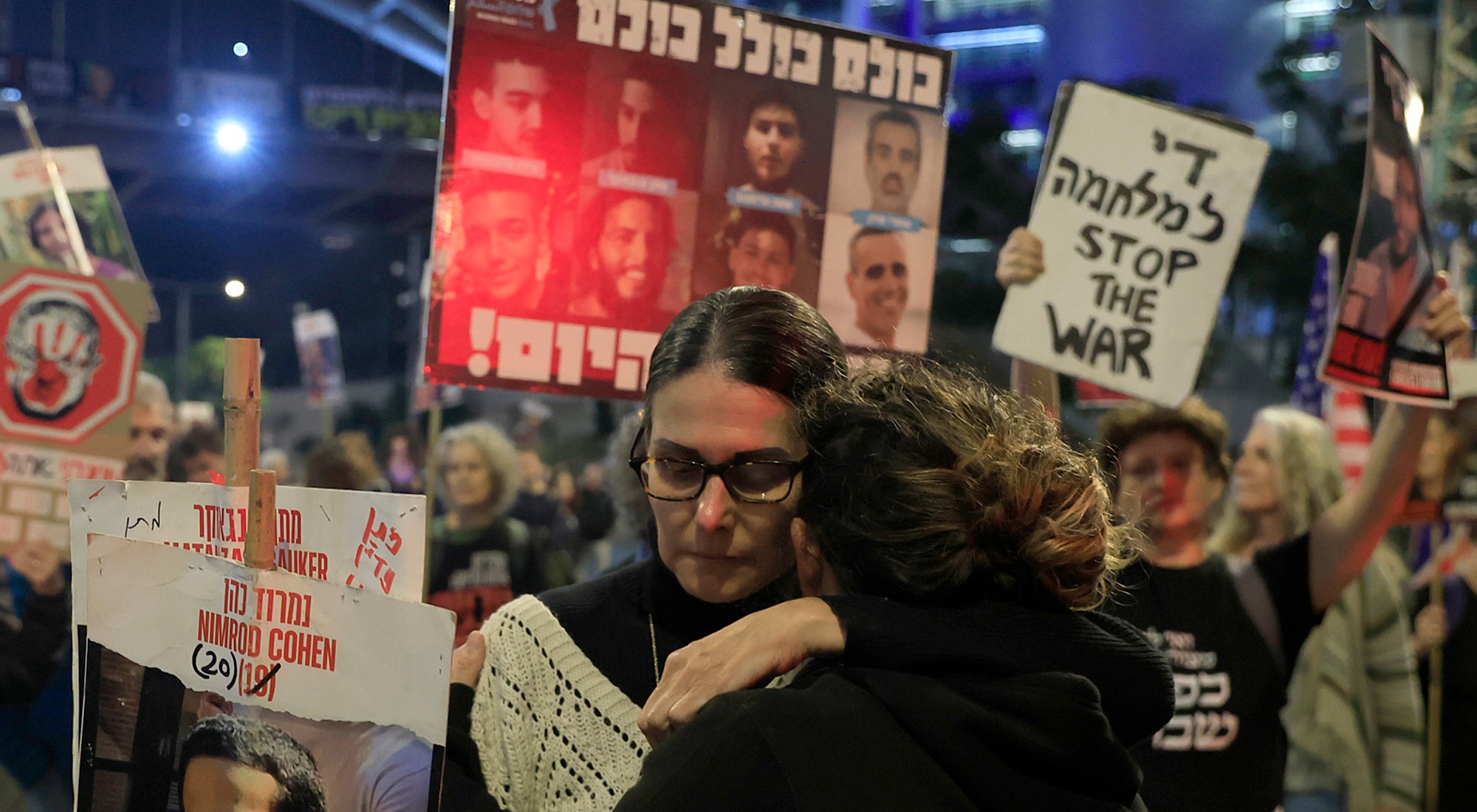
A free daily email with the biggest news stories of the day – and the best features from TheWeek.com
You are now subscribed
Your newsletter sign-up was successful
The brutal war between Israeli forces and Hamas militants in Gaza appeared to be coming to an end on Wednesday. Officials have readied a ceasefire agreement that would order a cessation of the violence that has rocked not only the region, but the world at large over the past 15 months.
News of the ceasefire agreement — the details of which are still being hammered out between negotiators in Qatar — was met with celebration and trepidation on both sides of the Gaza-Israel border. For Israelis, the expected return of dozens of hostages still held in Hamas custody marks a new phase in an ongoing internal struggle that has pitted protesters and activists against the conservative government of Prime Minister Benjamin Netanyahu. This government has lashed out against detractors who claim the administration used their missing loved ones as a pretext for war. For Gazans, the proposed ceasefire means not only an end to the death and destruction that has dominated their lives for more than a year, but also the start of a long process of rebuilding toward, many hope, political independence.
Here is what we know about the ceasefire, and how it is being received in the region and around the world.
The Week
Escape your echo chamber. Get the facts behind the news, plus analysis from multiple perspectives.

Sign up for The Week's Free Newsletters
From our morning news briefing to a weekly Good News Newsletter, get the best of The Week delivered directly to your inbox.
From our morning news briefing to a weekly Good News Newsletter, get the best of The Week delivered directly to your inbox.
Hostages and humanitarian relief
The agreement reached is "broadly similar to a three-phase framework publicized by President Biden in late May," The New York Times said. The first phase would involve not only a ceasefire, but the release of "33 hostages seized from Israel during the attacks of October 7, 2023," CNN said. "In return, Israel will free hundreds of Palestinian prisoners." Those initial 33 hostages are "women, children, older adults and wounded civilians," The Associated Press said. "Soldiers and other male captives" would be released in the second phase of the agreement.
The Israeli hostages will be "released over the course of seven weeks," Haaretz said. But it is unclear the exact number of Palestinian prisoners that will be released, as "Hamas has not updated which of the Israeli hostages will be released alive." Israeli troops will meanwhile "pull back into a buffer zone" inside the Gaza Strip.
The cessation of fighting in the first phase will be accompanied by "600 trucks carrying humanitarian relief " scheduled to "enter Gaza daily," the Times said. Preparations along the Gaza-Egypt border are already underway to "open the Palestinian Rafah crossing to allow the entry of international aid," The Times of Israel said.
"Several unresolved points in the framework remain," Netanyahu said in a statement on Wednesday. "We hope these details will be finalized tonight."
A free daily email with the biggest news stories of the day – and the best features from TheWeek.com
'Stay committed'
The ceasefire agreement will bring about "sustainable calm," said Qatari Prime Minister Sheikh Mohammed bin Abdulrahman bin Jassim Al Thani in a press conference announcing the deal. Barring last minute derailment, the agreement is expected to go into effect on Sunday, he said.
Israelis and Palestinians must "stay committed to this agreement" until it is "fully implemented and everyone has been returned," said the families of American hostages still held by Hamas in a statement to The Washington Post.
"American pressure finally seems to have pushed" Israeli negotiators "over the edge," said Rami Khouri, a professor at American University in Beirut, to Al Jazeera. But, the outlet added, whether the ceasefire will lead to a permanent end to the violence between Israel and Hamas is "yet to be seen."
The ceasefire is the product of "dogged and painstaking American diplomacy," President Joe Biden said in a statement.
Rafi Schwartz has worked as a politics writer at The Week since 2022, where he covers elections, Congress and the White House. He was previously a contributing writer with Mic focusing largely on politics, a senior writer with Splinter News, a staff writer for Fusion's news lab, and the managing editor of Heeb Magazine, a Jewish life and culture publication. Rafi's work has appeared in Rolling Stone, GOOD and The Forward, among others.
-
 How the FCC’s ‘equal time’ rule works
How the FCC’s ‘equal time’ rule worksIn the Spotlight The law is at the heart of the Colbert-CBS conflict
-
 What is the endgame in the DHS shutdown?
What is the endgame in the DHS shutdown?Today’s Big Question Democrats want to rein in ICE’s immigration crackdown
-
 ‘Poor time management isn’t just an inconvenience’
‘Poor time management isn’t just an inconvenience’Instant Opinion Opinion, comment and editorials of the day
-
 Israel retrieves final hostage’s body from Gaza
Israel retrieves final hostage’s body from GazaSpeed Read The 24-year-old police officer was killed during the initial Hamas attack
-
 Why Greenland’s natural resources are nearly impossible to mine
Why Greenland’s natural resources are nearly impossible to mineThe Explainer The country’s natural landscape makes the task extremely difficult
-
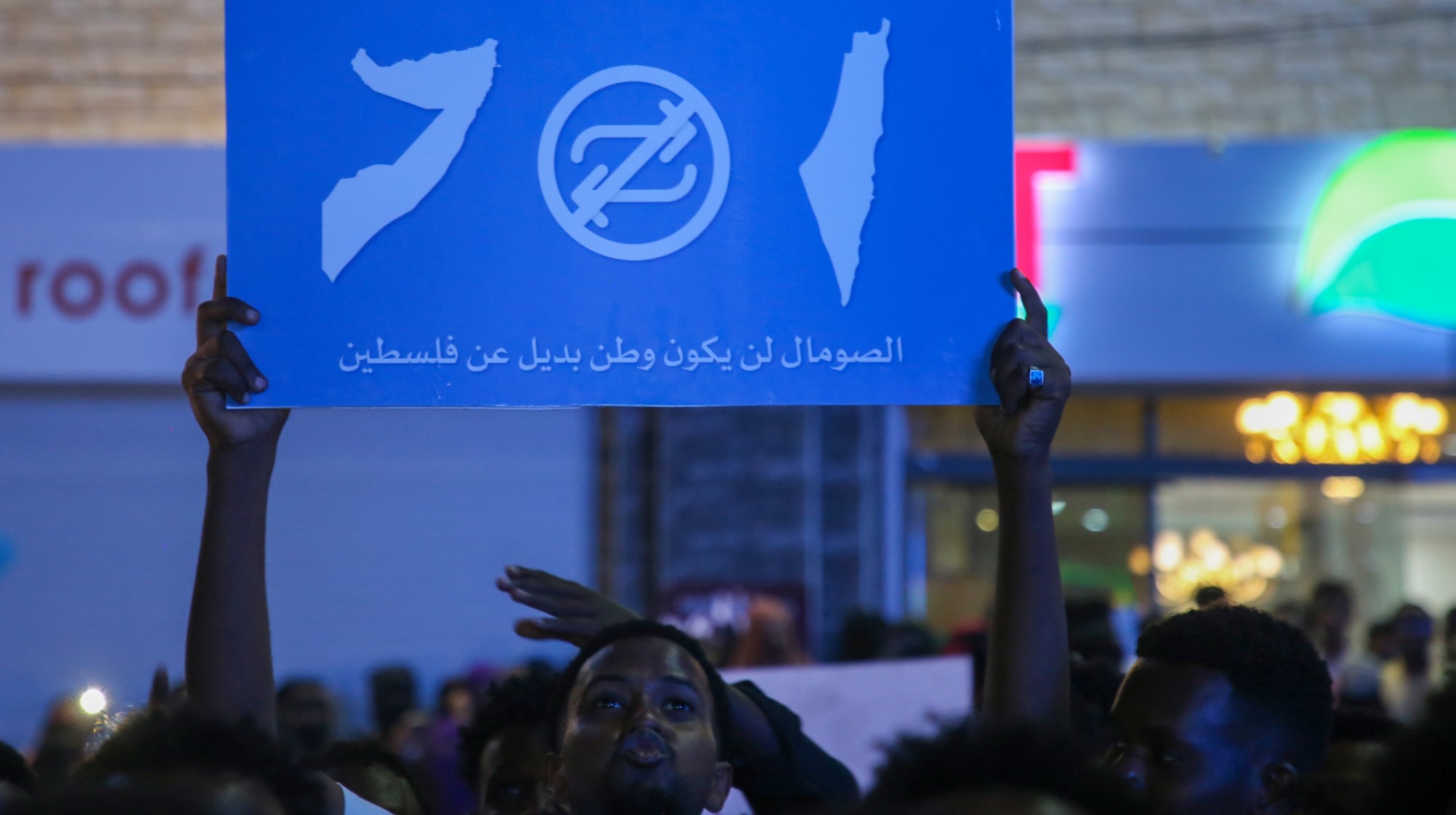 Why recognizing Somaliland is so risky for Israel
Why recognizing Somaliland is so risky for IsraelTHE EXPLAINER By wading into one of North Africa’s most fraught political schisms, the Netanyahu government risks further international isolation
-
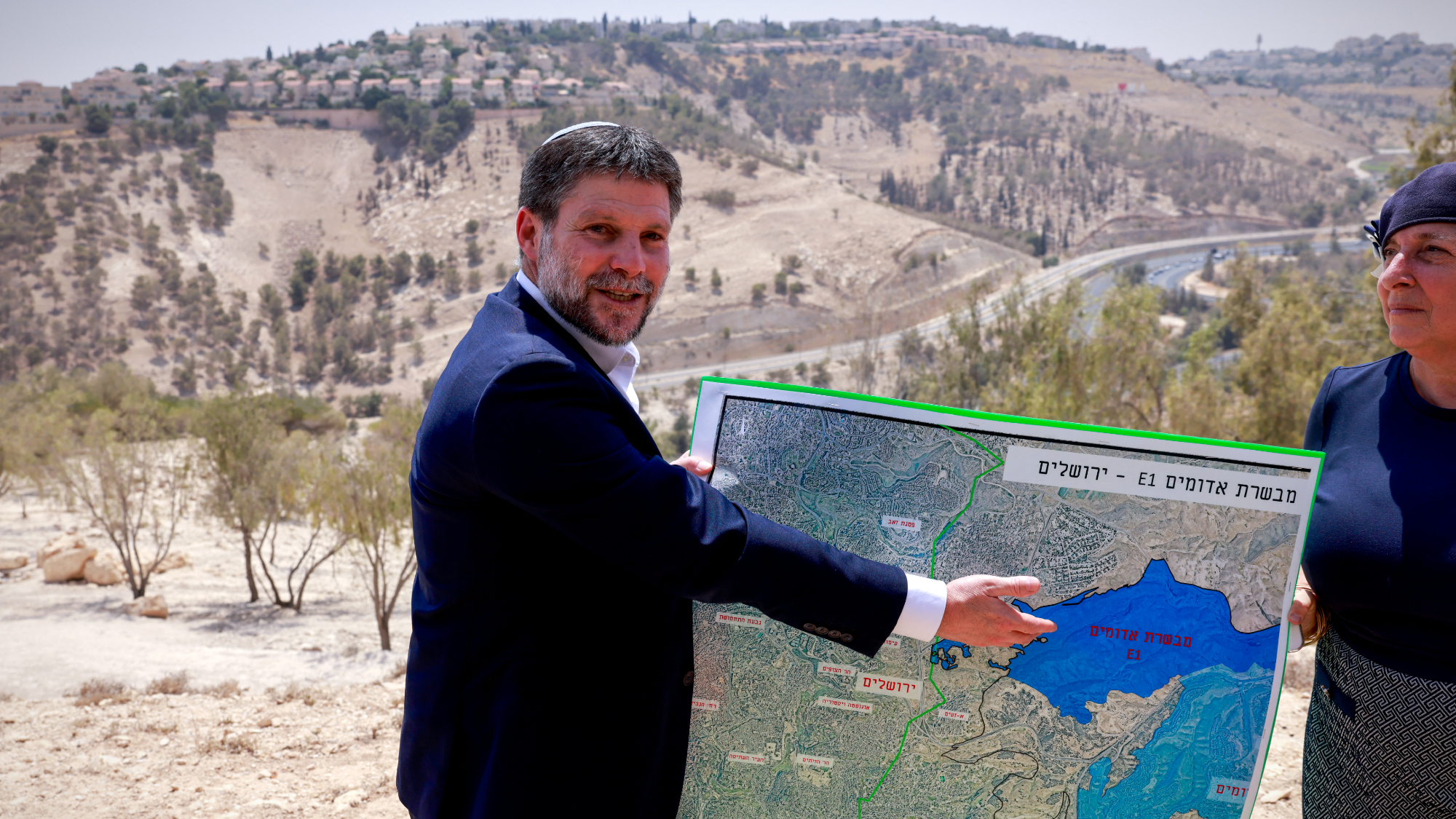 Israel approves new West Bank settlements
Israel approves new West Bank settlementsSpeed Read The ‘Israeli onslaught has all but vanquished a free Palestinian existence in the West Bank’
-
 How Bulgaria’s government fell amid mass protests
How Bulgaria’s government fell amid mass protestsThe Explainer The country’s prime minister resigned as part of the fallout
-
 Americans traveling abroad face renewed criticism in the Trump era
Americans traveling abroad face renewed criticism in the Trump eraThe Explainer Some of Trump’s behavior has Americans being questioned
-
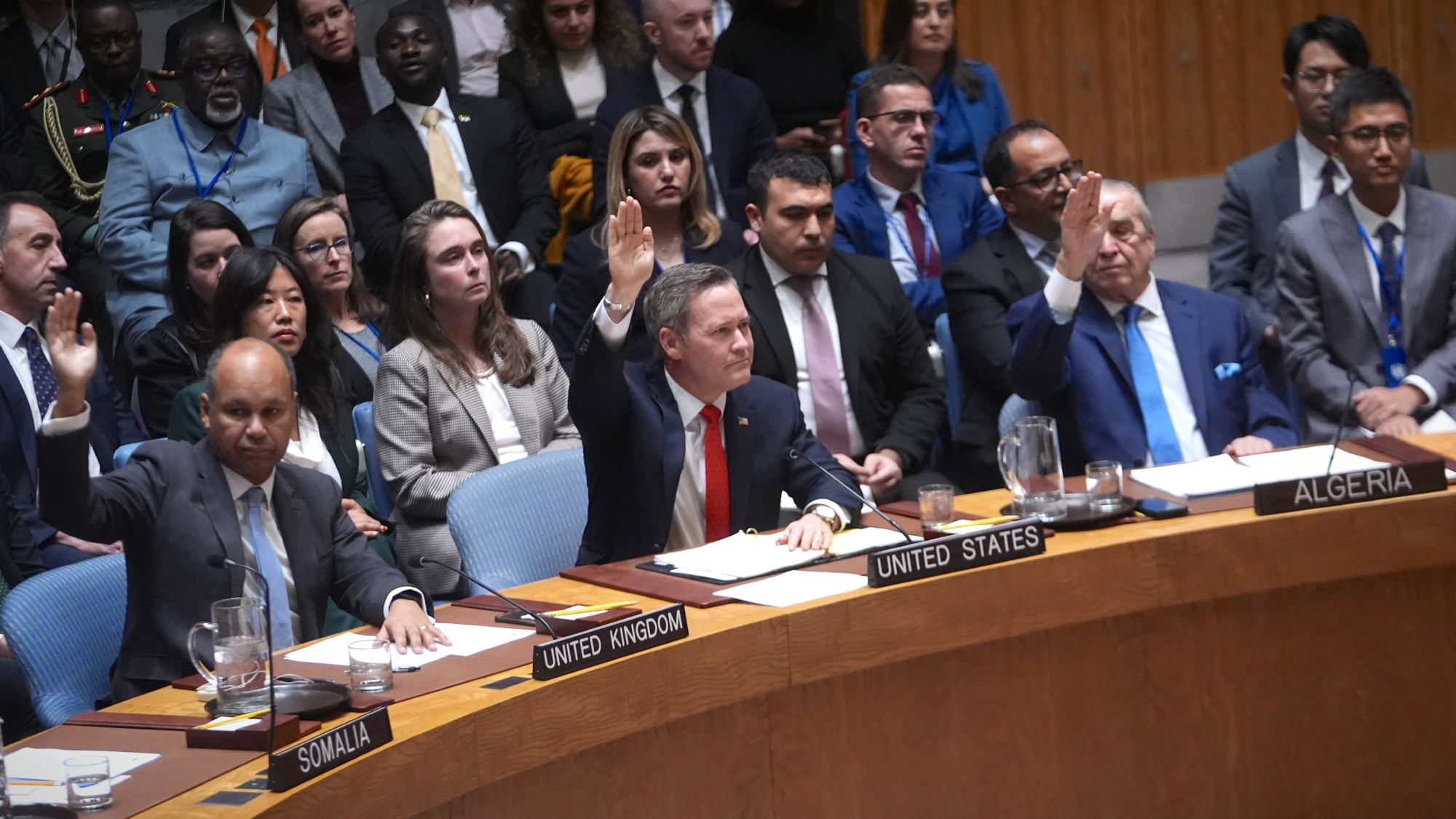 UN Security Council backs Trump’s Gaza peace plan
UN Security Council backs Trump’s Gaza peace planSpeed Read The United Nations voted 13-0 to endorse President Donald Trump’s 20-point plan to withdraw Israeli troops from Gaza
-
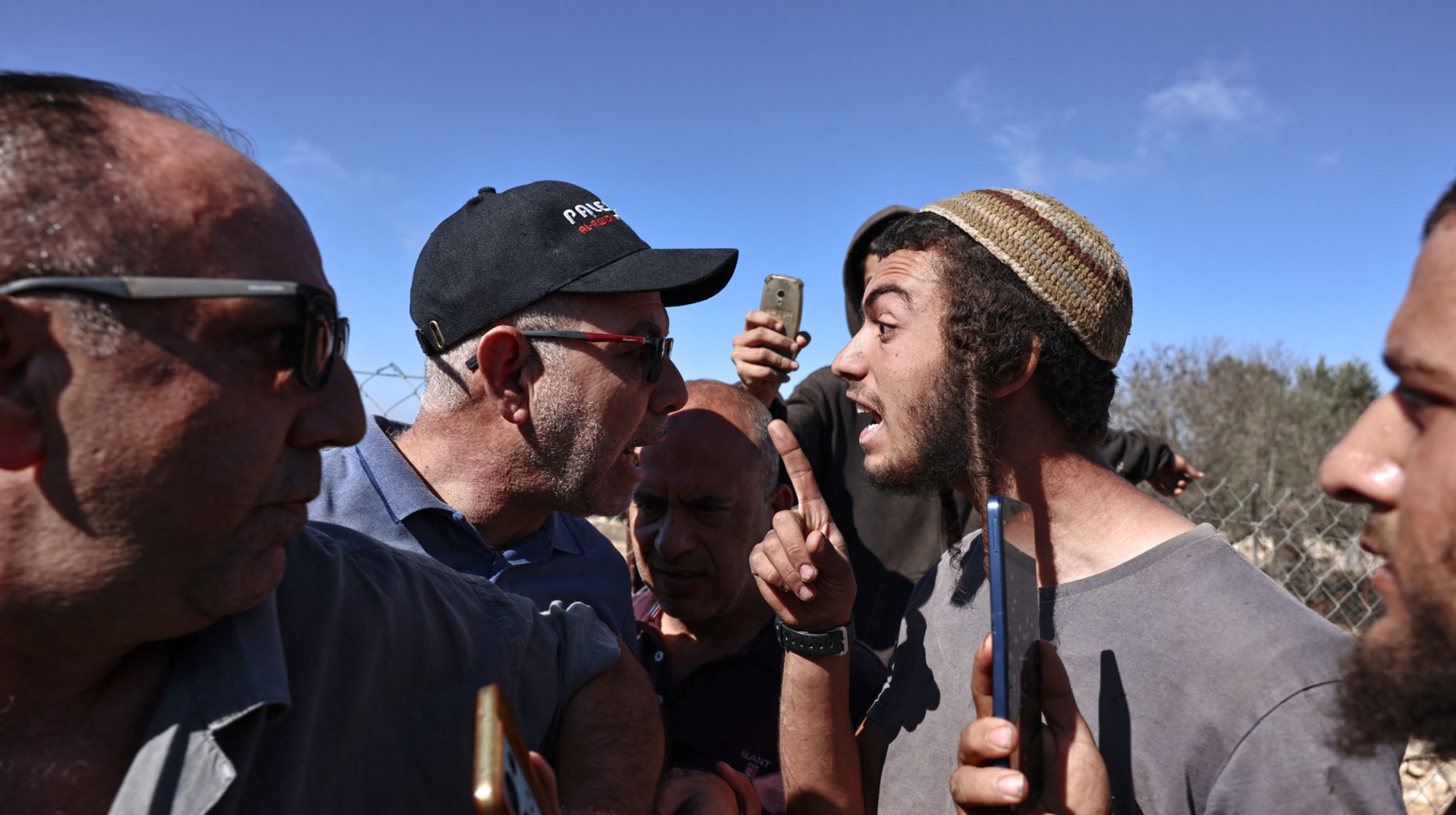 Israel jolted by ‘shocking’ settler violence
Israel jolted by ‘shocking’ settler violenceIN THE SPOTLIGHT A wave of brazen attacks on Palestinian communities in the West Bank has prompted a rare public outcry from Israeli officials
